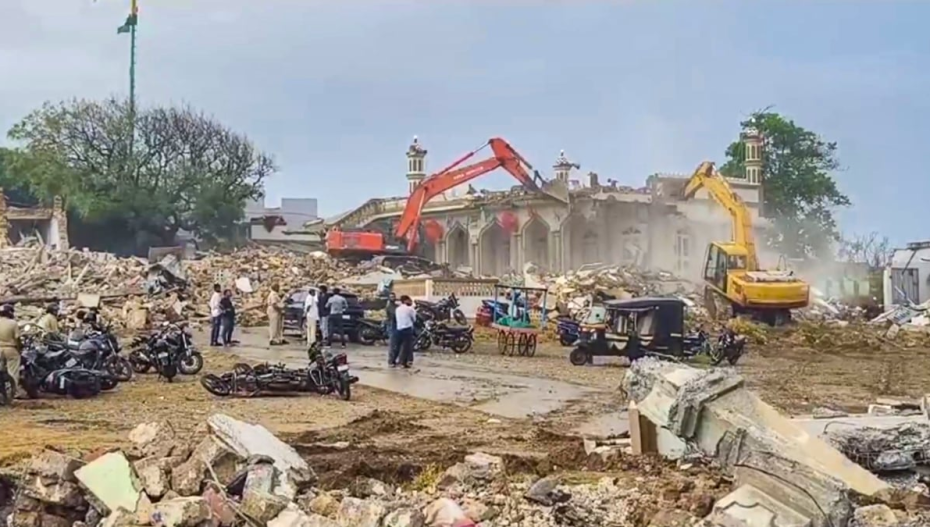The state government has submitted to the Supreme Court that recent demolitions in Prabhas Patan village, Gir Somnath district, were carried out on government lands and fall within exceptions outlined by the high court.
In an affidavit responding to a contempt petition, state authorities claim that Summast Patni Muslim Jamaat, the organisation filing the plea, has approached the court with “unclean hands”. The Gir Somnath district Collector asserted that the demolitions targeted “encroachments on government lands abutting a water body, being the Arabian Sea”, thereby aligning with exceptions noted in the Supreme Court’s 17 October interim order.
The affidavit alleges that the petitioner has concealed the fact that this is the sixth legal proceeding initiated by various parties claiming to represent Prabhas Patan villagers’ interests. Notably, no protection has been granted by other forums, including the Gujarat High Court, Veraval Civil Court and the Gujarat Waqf Tribunal.
Regarding land ownership, the state maintains that the affected areas—Revenue Survey Nos. 1851, 1852 and 1853 in Prabhas Patan—are government-owned lands bordering the Arabian Sea.
The 28 September removal of encroachments marked the fifth phase of such operations in the village. The state insists all demolitions adhered to legal procedures to reclaim government lands.
The affidavit expressed concern that the petitioners had “given a communal colour to the work performed by the respondents, which is far from the truth”.
According to the District Collector, notices were issued on 5 September under the Gujarat Land Revenue Code, instructing encroachers to vacate. However, it is claimed that the recipients, particularly managers and administrators of illegal structures, strategically refused to accept these notices—a fact recorded in official documents.
The Supreme Court adjourned the hearing on Wednesday after Sanjay Hegde, senior counsel for the petitioner, requested time to respond to the Collector’s affidavit.
On 17 September, the Supreme Court had issued an interim order prohibiting demolitions across the country without the court’s permission. However, this order excluded unauthorised structures in public spaces such as roads, footpaths, near railway lines or water bodies, as well as cases where a court had already ordered demolition.
Also Read: Gujarat: BJP Struggles To Meet 2 Crore Membership Target













